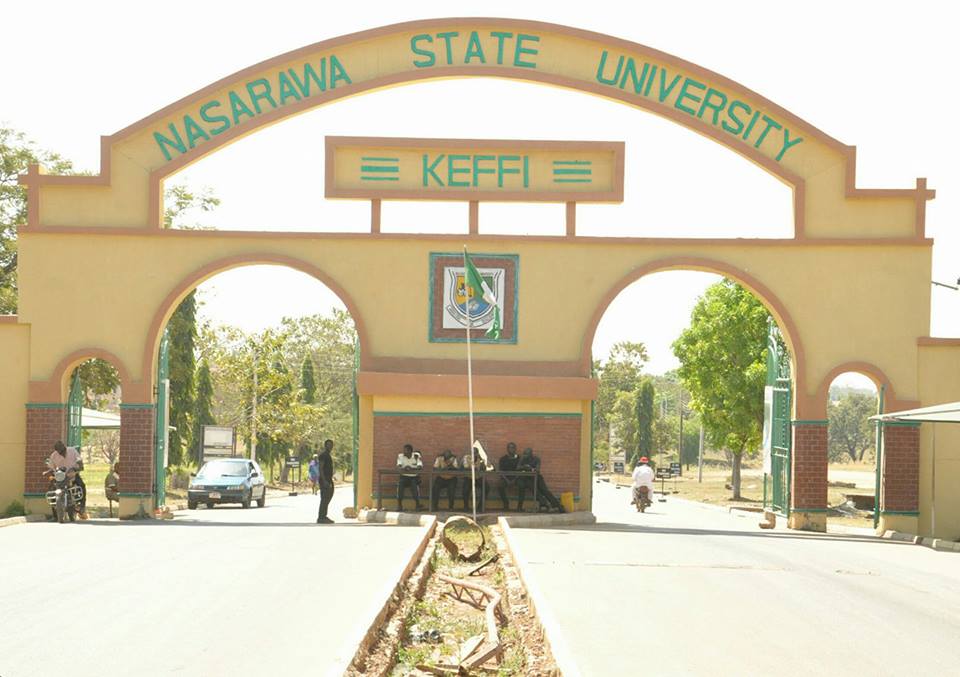A lecturer at the Department of Environmental Science, Nasarawa State University Keffi (NSUK), Dr Adati Ayuba Kadafa, has said municipal solid waste management is fast becoming an environmental issue in Abuja, with current practices being unsustainable and resulting to visible environmental hazards.
She stated this in Abuja on Monday at the launch of her book titled ‘Sustainable Solid Waste Management: A Comparative Assessment and An Integrative Approach’.
She said mechanism for revenue generation and reinvestment into the waste management system could ensure sustainability of the system through initializing 3R programmes.
The book is an assessment of Abuja City of Nigeria and Putrajaya city of Malaysia, according to her, because they are both pre-planned cities.
She explained that due to indiscriminate dumping of waste in Abuja, there is need for restructuring a comprehensive framework for waste management specific for Abuja and incorporating short, medium and long term planning.
“One of the issues highlighted in the book is the centralization of the management of solid waste. We have a lot of overlaps in terms of management; there is an overlap of responsibility among Abuja Environmental Protection Board, area councils and others and at the end, the task is not being done,” she said.
While noting that the closed Mpape landfill needed to be remediated due to the potential hazard and health risks, she also pointed out that an access road needed to be constructed on Gosa landfill with the aim of private partnership towards operations and maintenance with separate provisions for hospital and industrial hazardous wastes as well as provision of at least one incinerator for Abuja towards handling sharp hospital wastes and other waste fractions.
Prof Aishatu M. Mubi, who is one of the book reviewers, said it provided solution to solid waste management and to bring Nigeria close to achieving the Sustainable Development Goal on water and sanitation and recommended it for all intended users.
Permanent Secretary of the Ecological Fund Office (EFO) Dr Habiba Lawal said the main problem of waste management is in the local government areas and that there is need for collaboration between the different levels of government.
“Because we refuse to manage our waste properly, it forces the government to invest hugely in the control of flood,” she said.
She however said her office will find the book very useful moving forward.

 Join Daily Trust WhatsApp Community For Quick Access To News and Happenings Around You.
Join Daily Trust WhatsApp Community For Quick Access To News and Happenings Around You.


